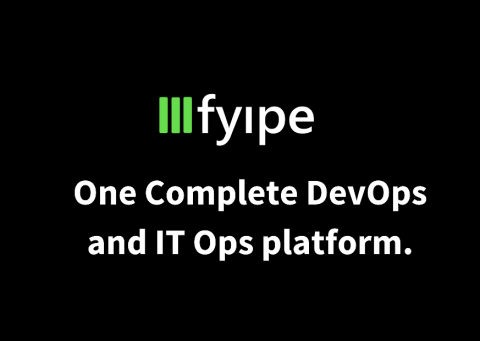Blackhawk Network makes the right connections to avoid costs
Blackhawk Network may be the most omnipresent company you’ve never heard of. As the market leader in card-based financial solutions and the largest provider of 3rd party prepaid cards, you’ve probably purchased or used one of Blackhawk Network’s gift cards, without ever knowing it was them. That’s how they like it.











